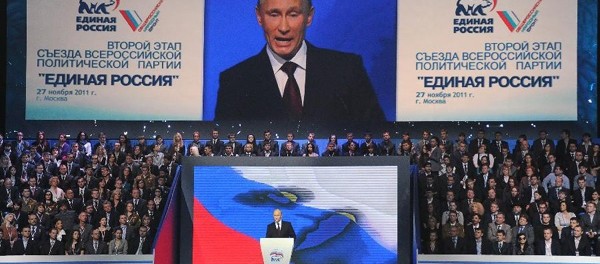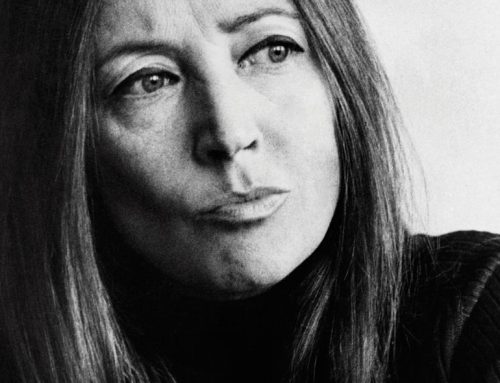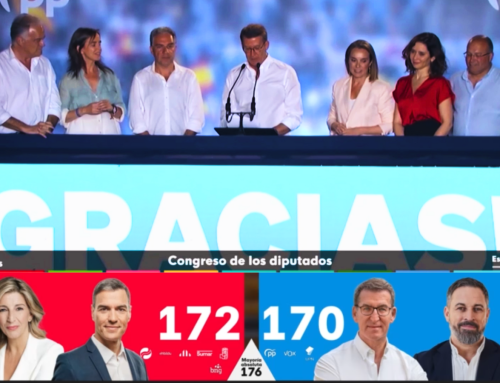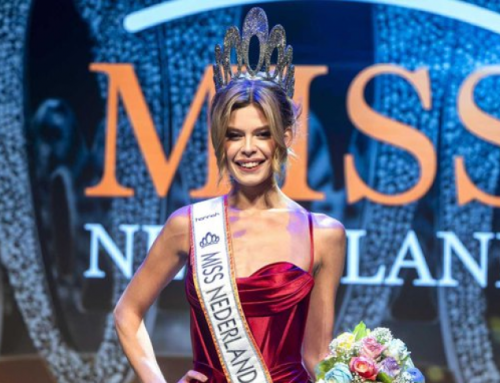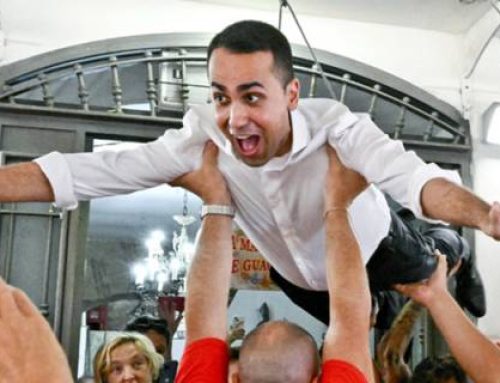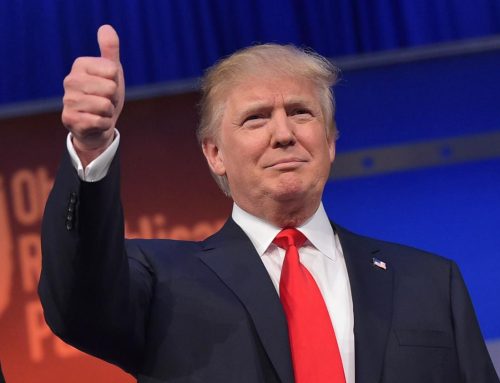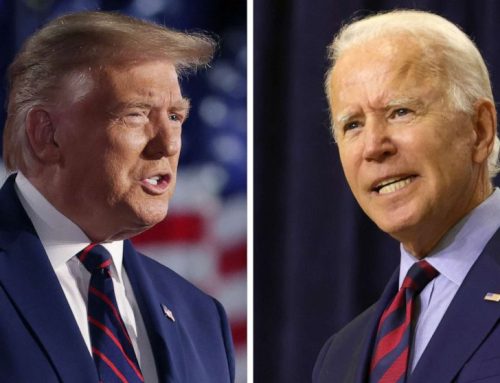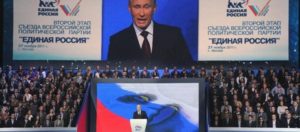 -by Markus Levada Jr. – Contrary to the predictions of some experts, the elections to the State Duma passed without scandals and serious violations. The fact that last September 18 elections were the most honest and open in recent years. International observers ultimately claimed that the legislative elections in the Russian parliament passed in accordance with international rule of law.
-by Markus Levada Jr. – Contrary to the predictions of some experts, the elections to the State Duma passed without scandals and serious violations. The fact that last September 18 elections were the most honest and open in recent years. International observers ultimately claimed that the legislative elections in the Russian parliament passed in accordance with international rule of law.
It is noteworthy that even in the “day of silence” – the day before the election – they did not receive serious complaints about the conduct of illegal campaigning.
As for the experts, they are sure to achieve transparency of the elections to the State Duma was possible thanks to the return of a mixed system, which is already practiced in Russia earlier – the elections in 1997-2003. According to this system, half of the new deputies will consist of single-mandate deputies – the deputies elected by single-mandate district and the other half – from candidates that have passed on party lists.
In addition, there was changed the composition of the Central Electoral Commission, headed by well-known in the country human rights activist Ella Pamfilova. After her appointment Pamfilova seriously worked to eliminate the mistakes of the predecessors. Pamfilova personally responded to complaints and appeals from political parties during the election campaign. In addition, at the initiative of Pamfilova “problem regions” of Russia were taken under special control, among which were St. Petersburg, Samara region, and others. We are talking about the subjects of Russia, where the work of local election commissions were found to be unsatisfactory. According to Pamfilova, in these regions the candidates have tried to use the administrative resource as political tool, therefore it was necessary to intervene.
We can say with confidence that Russia learned her lesson from previous elections to the State Duma in 2011. Then there were many issues to the official result both from voters and political parties. Observers noted serious violations in dozens of regions, in connection with which the country has faced a wave of mass protests. People went to the streets, demanding to review the election results. Russian President Vladimir Putin was dissatisfied with the results of the elections of 2011 and the volume of complaints that were received from citizens. In this regard, he completely changed the composition of the team responsible for the elections, have changed the approach to the organization of the elections, making the process more open and understandable to the public. In addition, the election of governors is now direct, from the citizen.
It is worth noting that in the course of these changes for the first time in a long period there were taken into account opinions of well-known Russian public figures, the feedback from the civil society. All this led to the fact that the September elections to the State Duma passed in a civilized and calm form, as befits the elections in democratic countries. It is noted, and the experts, who believe that at this stage, Putin poses a real policy, relying on the development of social and political institutions.
The majority of votes in the latest elections were directed toward the ruling party – “United Russia”. What does this show? The fact that the Russians still trust the party which occupies a leading position for 13 years. Even those respondents who said that, for whatever reason, were not happy “United Russia”, noted that there were no serious rivals for the ruling party among the opposition parties. There is some opposition candidates, which cause the trust of the citizens, but they were not chose because of the leaders of the party, or “pulled down” with raw program or lack of impact of a serious approach to the election campaign, or – in the aggregate all of the above.
Nevertheless, a number of opposition parties were able to win the major regions of the Russian Federation and to get seats in the Parliament. Totally there participated in the elections more than a dozen different political parties, that is, each voter could vote “on his own the taste.”
As for the “United Russia”, until recently this party had major problems with the rating. In its ranks, there were many people, damaging the honor of the party and causing resentment among the majority of the Russian population. Observers believed that the ruling party had exhausted their political resources. UR heads managed to rectify the situation. The tremendous work on analysis of errors has been carried out, and the party itself noticeably refreshed. There are new faces, new strong candidates who have placed their trust among Russians.
To achieve such results in the elections United Russia could with the primaries system – preliminary intraparty voting. Citizens for the first time saw that candidates may be determined not by backroom intrigue and by promoting own candidates, approved by the Cabinet of Ministers, but by truly popular vote. Primaries – an open platform, where to try their hand and become the candidate of the ruling party could any citizen of Russia. The victory of United Russia has been assured by these innovative tools.
